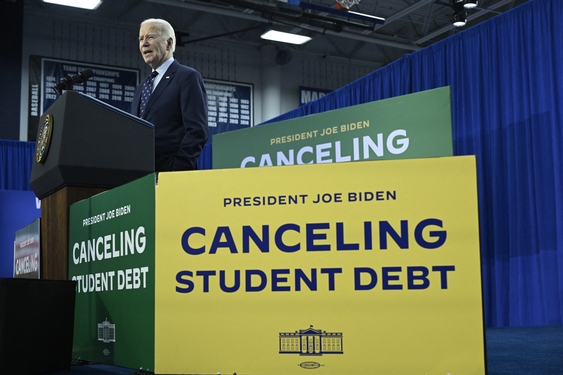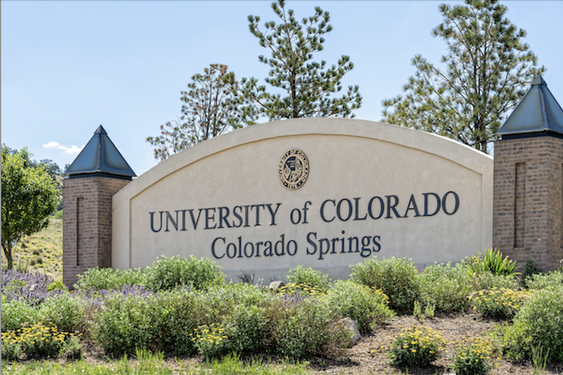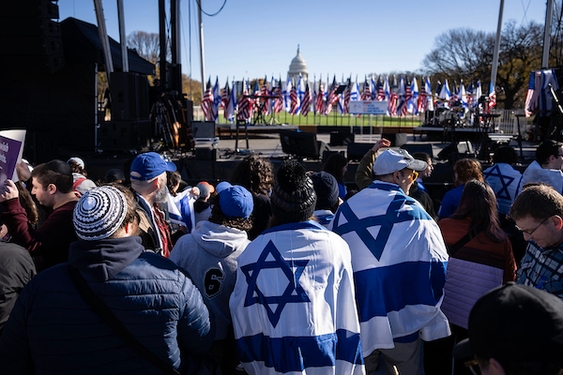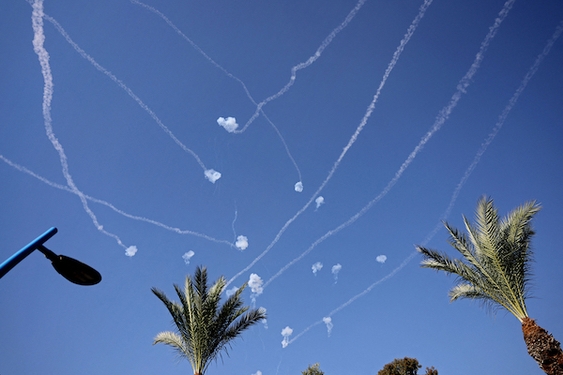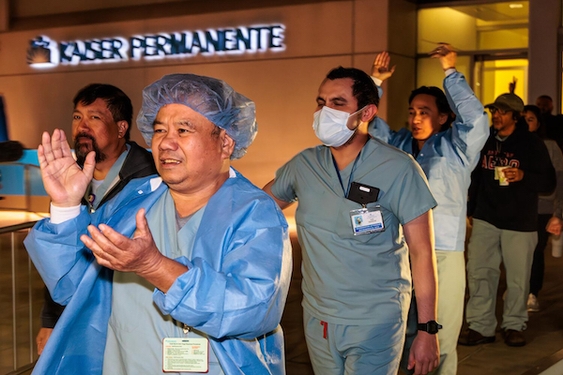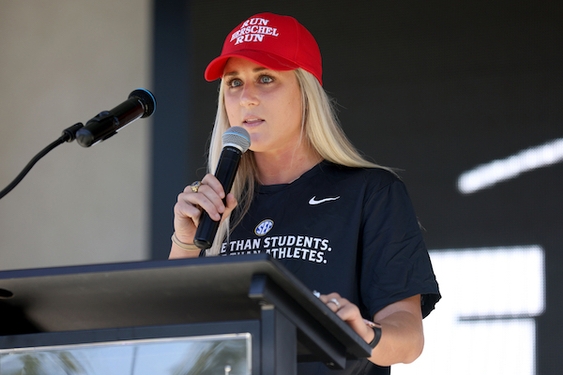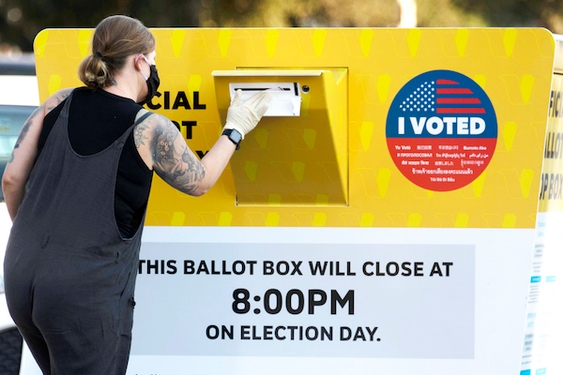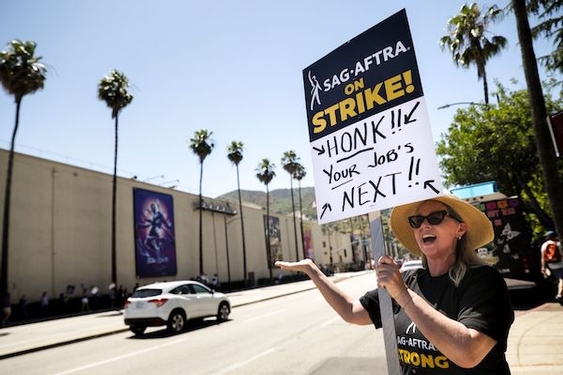On the floor of the Democratic National Convention.
Politics is theater with consequences. Theater is politics without consequences. The hierarchy of power, the obsession with the podium and the stage and the fear of the cold shadows of exile, the gamesmanship and relentless dedication to observe changes big and small define both spectacles, and I mean to demean neither.
This country did not invent politics or theater, but it has fused them both in a way wholly unseen in the course of human events. In the result, the cyclical hybrid that glorifies both the problems and those who solve them, the drama is the same.
Consider the hometowns of both. Washington, D.C. and Los Angeles are company towns to their very core, driven by industries with profound gravitational pull. L.A. is open shirts and bronzed bodies, D.C. is button-down collars and faux-wood eyeglasses, but the two coastal capitals abound with foot soldiers of the revolution.
Everyone has a cause here – personal, political, petty, profound – and they relentlessly push for the eyeballs of America. Their goals are different but their methods remarkably the same.
As I stood on the floor of the Democratic National Convention, I was less surprised by the scriptedness of the affair – after all, control of the party message remains a longstanding historical truth, now rendered transparent in our age by the reach of new media – and wholly stunned by the pageantry that swept through the hall. Anyone who has spent time in the theater knows that having a script and doing a script are starkly different propositions, that the ultimate success of the stage depends on how that script is naturalized or magnified: essentially, what is done rather than what it is, depending on the dictates of the atmosphere.
So when Michelle Obama spoke mere yards away from me, her words carried only part of the weight of the moment. Her presence and image were magnified by the massive screens hanging over all of us, her features accented by a multi-million dollar lighting rig that I had seen come together over two weeks. Shortly before she took the stage, DNC staffers shuttled through the aisles distributing “Michelle” placards on poles that delegates could then wave, spontaneously of course, during her address.
Does this defeat the power of her message? Hardly. But on this day hers was a voice of calculation, not particular passion.
The greatest theater combines a keen mind, an overarching and carefully refined vision and an unpredictable, contagious energy. Even when you know where the story ends, you should be surprised to arrive there.
Indeed, we knew Barack Obama would be the nominee of the party ever since June. The end of the convention was never in doubt. But it is the responsibility of the theater of politics to inspire on the way, to follow the script only by forgetting it.
There was one moment that epitomized the best qualities of both theater and politics. When the roll call of delegates was taken, an arcane tradition that has long since fallen out of practical necessity in the age of presumptive nominees, a series of frantic last minute decisions were made to allow the New York delegation and its most famous member, Sen. Hillary Clinton, to officially deliver the nomination to Obama. Here, in this flurry of floor maneuvers, the tradition of creative political compromise met the scintillating drama of the spontaneous theater on the grandest stage.
One of the great and forever frustrating things about both theater and politics is that they are judged solely by their audience. Whether they be sitting a darkened auditorium or in the kitchens of their homes around the country, the audience holds the exclusive say on what success means.
So I leave it to them to judge this convention, and I think they have spoken: there was no more rousing cheer than that ovation which followed the dramatic unification of Clinton handing the torch to Obama during the roll call.


